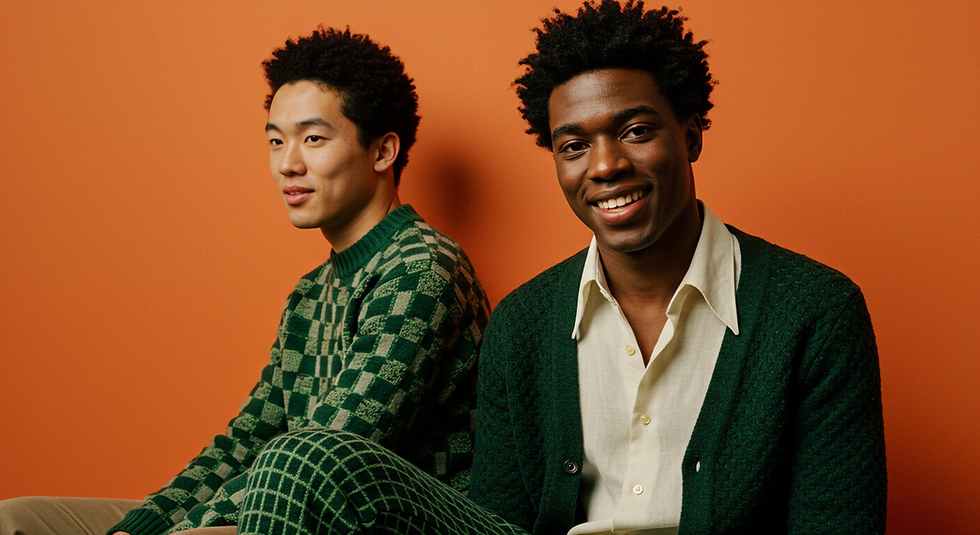The Feed-In Braid: The Secret to Thicker Cornrows
This is how you achieve braid thickness and length. Our guide explains the feed-in technique for a bold, dramatic, and natural-looking cornrow style.
.jpg)

The feed-in braid is a revolutionary technique. By gradually adding small pieces of braiding hair, your stylist creates thick, seamless braids that have impressive volume without unnecessary tension on your hairline, enabling endless creativity.

Table of Contents
What's inside this guide
Did you know?
While braids have existed for millennia, the specific feed-in technique gained widespread popularity in the 2000s as part of the natural hair movement. Stylists sought a way to create long, thick cornrows that looked more realistic and were less damaging to the hairline, leading to the development and refinement of this method.
KEY BENEFITS OF HAIRSTYLE
What's inside this guide
Achieve Dramatic Thickness.
A Natural-Looking Start.
Less Tension on Edges.
Enables Longer Styles.
Allows for Ultimate Creativity.
GALLERY



How to ask your barber for this hairstyle
Tips
To get the best results, clear communication with your braider is essential: Ask for ""feed-in braids"" or ""knotless cornrows."
Bring Visuals: A picture is worth a thousand words. Show your braider photos of the parting style, braid thickness, and overall design you want.
Discuss Hair: Talk to your braider about the type of hair to use. Pre-stretched Kanekalon hair is a professional favorite for its smooth texture.
People also ask
Question & Answer
How can I get thicker looking cornrows?
The feed-in technique is the best method. Braiders gradually add small pieces of braiding hair to your natural hair, creating thick, full braids without a bulky knot at the hairline. It’s the secret to a flawless finish.


![Which hairstyle is best for black men? [Part 2]](https://static.wixstatic.com/media/639073_441f18c998d445af811fa244516f55c8~mv2.jpg/v1/fill/w_251,h_250,fp_0.50_0.50,q_30,blur_30,enc_avif,quality_auto/639073_441f18c998d445af811fa244516f55c8~mv2.webp)
![Which hairstyle is best for black men? [Part 2]](https://static.wixstatic.com/media/639073_441f18c998d445af811fa244516f55c8~mv2.jpg/v1/fill/w_482,h_481,fp_0.50_0.50,q_90,enc_avif,quality_auto/639073_441f18c998d445af811fa244516f55c8~mv2.webp)
![Which hairstyle is best for black men? [Part 1]](https://static.wixstatic.com/media/639073_88df58310852462299fe87011b8495cf~mv2.jpg/v1/fill/w_250,h_250,fp_0.50_0.50,q_30,blur_30,enc_avif,quality_auto/639073_88df58310852462299fe87011b8495cf~mv2.webp)
![Which hairstyle is best for black men? [Part 1]](https://static.wixstatic.com/media/639073_88df58310852462299fe87011b8495cf~mv2.jpg/v1/fill/w_481,h_481,fp_0.50_0.50,q_90,enc_avif,quality_auto/639073_88df58310852462299fe87011b8495cf~mv2.webp)